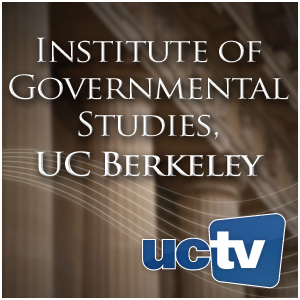
We were unable to update this podcast for some time now. As a result, the information shown here might be outdated. If you are the owner of the podcast, you can validate that your RSS feed is available and correct.
It looks like this podcast has ended some time ago. This means that no new episodes have been added some time ago. If you're the host of this podcast, you can check whether your RSS file is reachable for podcast clients.
Astronomy (Audio)
by UCTVUCTV programs explore astronomy, the physical universe and other space related topics with University of California faculty and experts from around the world.
Copyright: Copyright 2014 Regents of the University of California
Episodes
The Extreme X-Ray Universe: Discovery Science with NASA's NuSTAR Mission
48m · PublishedThe Future of Human Space Exploration
58m · PublishedThe Gamma-Ray Spectrometer at Mercury: A Seven Year Journey to the Innermost Planet
57m · PublishedExploring the Universe from the South Pole
1h 22m · PublishedSolar Science is Elementary - Using Eye on the Sky in Your K-4 Classroom
4m · PublishedThe Riddle of the Redshift: The Universe We Don't Understand with E. Margaret Burbidge
1h 2m · PublishedModern Alchemy: Stars Chemistry and Cosmology with E. Margaret Burbidge
58m · PublishedAstronomy (Audio) has 27 episodes in total of non- explicit content. Total playtime is 20:45:01. The language of the podcast is English. This podcast has been added on November 23rd 2022. It might contain more episodes than the ones shown here. It was last updated on March 22nd, 2023 11:01.






















































































